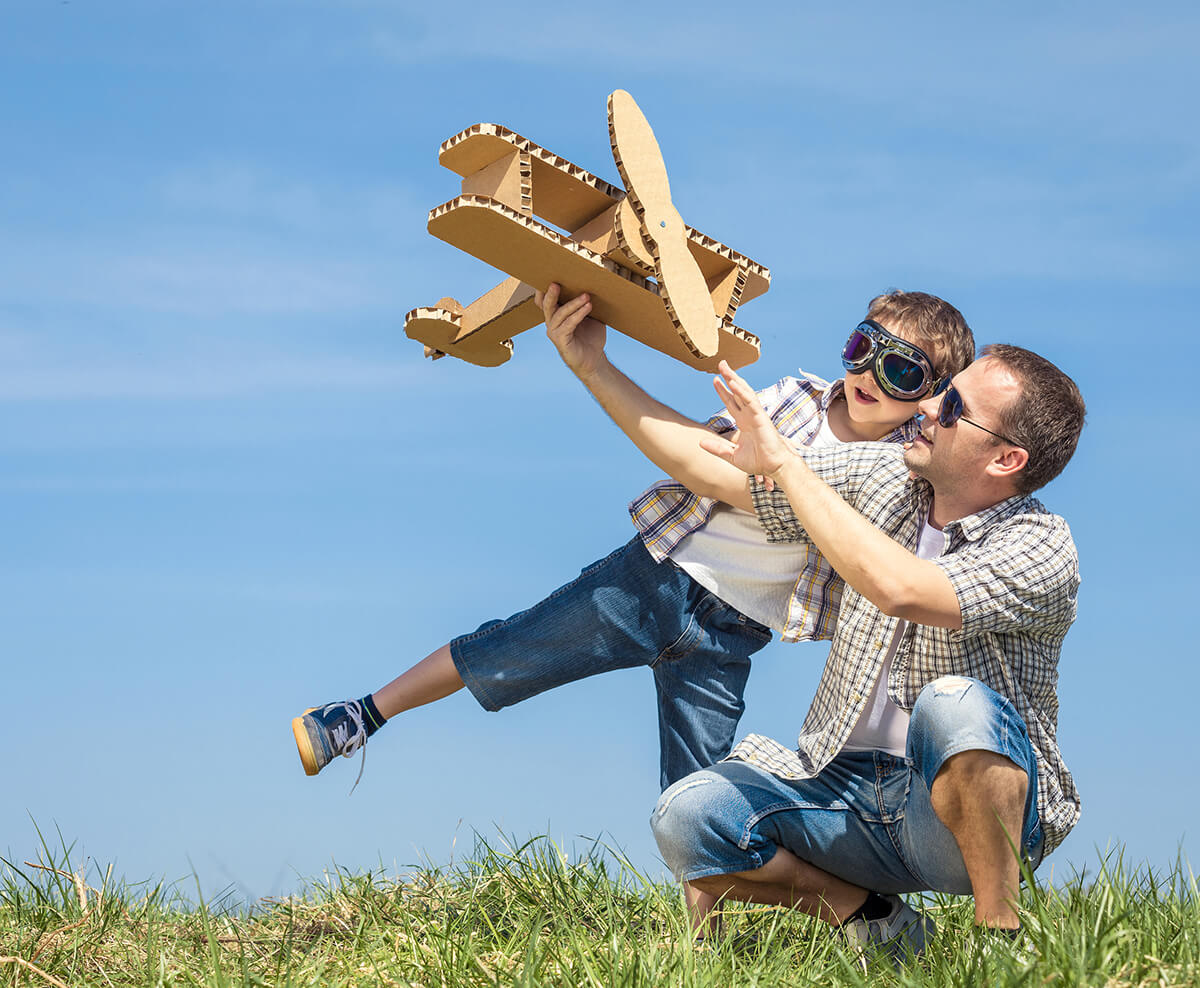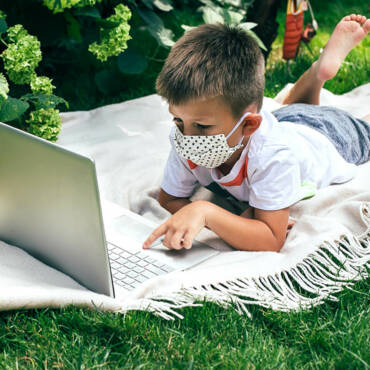The Thinking Parent
WHAT TO DO WITH YOUR CHILD, WHEN YOU DON’T KNOW WHAT TO DO?
Often times as parents we find ourselves dealing with an unfamiliar or challenging parenting situation, when we don’t know what the best response is, but feel like we should. Now, you might be great at your job coordinating employees, or making a winning argument in court, yet brought to your knees at home by your 5 year old’s reluctance to put on her cleats for soccer practice. Instead, she chooses to cry and throw them at you when you are coaching the rest of the team, and you find yourself ready to blow. Not only do we feel angry, and embarrassed, but now we are left with the pressure to do something and don’t know how to respond, so we just react. How many times have you felt angry, surprised, fearful, ashamed, resentful, embarrassed, etc… when your child has acted out? These feelings we experience as parents are what often leads to us acting out as well. We feel responsible for our children’s behavior and how it reflects on us as parents.
We have been taught the parental myth that we should be in control of our children’s behavior, which is simply not true. While we can be legally responsible for our children’s actions, when it comes to their behaviors, we can do our best to influence, educate, coerce, bribe and model appropriate behaviors for our children. In reality, they are sentient beings capable of doing whatever they want at that particular moment, which can be a scary proposition for parents. So what is The Thinking Parent to do? Stop, breath, and regulate yourself, so you can think more clearly and be a more effective parent.
Psychologist, Brian Post, of the Post Institute, talks about the two primary emotions we experience are fear and love, and that the rest of our emotions branch out from there. If we respond from a place of fear (yelling, bullying, spanking, threatening) we have, in essence, created a second acting out and dis-regulated individual. So instead of joining in the “dis-regulation dance party,” attend to your own regulation first, and you be the one who takes a time out and model proper emotional regulation strategies. The only way to regulate someone else is to be regulated yourself. So, when you don’t know what to do, and/or feel emotionally charged, the best thing to do is calm yourself before you start to take action.
Remind yourself how much you love your child, but really dislike their current behaviors. See your child as someone who is escalated and requires a calm presence, and don’t be afraid to empathize with their current emotional plight. Being kind, supportive and empathic doesn’t mean you don’t set limits or decide upon consequences, rather it can help turn this situation into a teachable moment. Now remember, if you find yourself escalated and acting from a place of fear (we all do it,) acknowledge it, accept that you are human, and model the behaviors you want your child to exhibit when they make a mistake or over react. Take some wait-time to process a situation before you make decisions about consequences for you and your child. You will thank yourself later because your limits will be clear, reasonable and enforceable, no matter what your child has done.
~ Brandon W. Smith, LCSW, RPT




